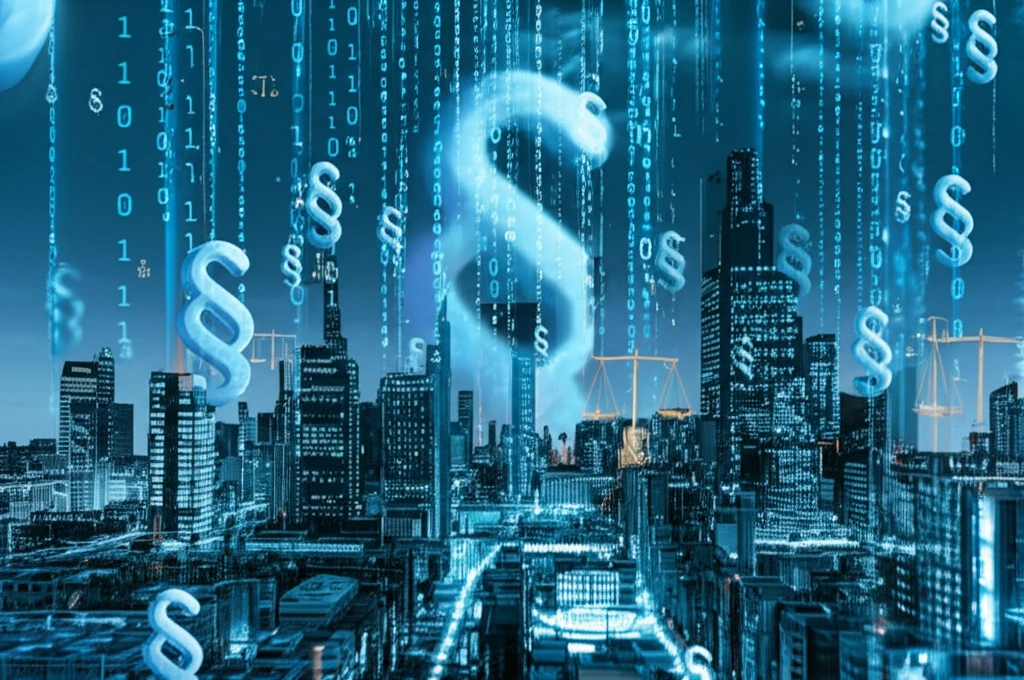
Navigating the Future: How Decentralized Economies Are Reshaping Law and Society
"Explore the rise of platform-driven economies and the legal challenges they pose, impacting everything from data protection to autonomous systems."
The sharing economy is no longer a futuristic concept; it’s the present reality. Companies like Zipcar, Airbnb, and Uber have revolutionized industries, shifting the paradigm from 'ownership' to 'access.' This transformation extends beyond convenience, touching upon the very foundations of our legal and economic systems.
But these digital platforms, fueled by algorithms and decentralized blockchain technologies, present unprecedented challenges. They're not just changing markets; they're forcing us to rethink traditional legal frameworks concerning liability, data protection, and regulatory oversight. AI systems, in particular, are reshaping how we assign responsibility and manage risk.
This article explores the legal complexities arising from these disruptive technologies. We will examine how forward-thinking regulatory structures can foster innovation while safeguarding individual rights and societal well-being. Join us as we delve into the intersection of law, technology, and the evolving landscape of decentralized economies.
Understanding the Decentralized Revolution: What’s at Stake?

Decentralized platforms operate on a fundamentally different model than traditional corporations. They facilitate peer-to-peer interactions, enabling individuals to share resources and services without centralized control. This disintermediation offers numerous benefits, including increased efficiency, reduced costs, and greater accessibility.
- Liability: Who is responsible when something goes wrong in a decentralized transaction? Is it the platform, the user, or the algorithm itself?
- Data Protection: How do we ensure the privacy and security of personal data in decentralized environments, where data is often distributed across multiple nodes?
- Regulation: How can governments effectively regulate decentralized platforms without stifling innovation or undermining their core principles?
- Autonomous Systems: As AI-driven systems become more prevalent, how do we address the legal and ethical implications of autonomous decision-making?
The Path Forward: Building a Legal Framework for the Future
The rise of decentralized economies presents both challenges and opportunities. By embracing forward-thinking regulatory approaches, we can foster innovation while mitigating risks and ensuring fairness. This requires collaboration between policymakers, legal experts, technologists, and the public to develop clear, adaptable, and effective legal frameworks. The future of law lies in its ability to adapt to technological advancements, ensuring that the benefits of decentralized economies are shared by all.
